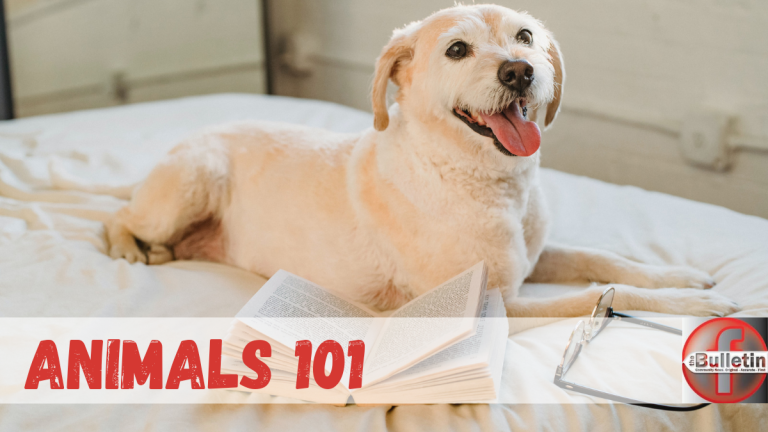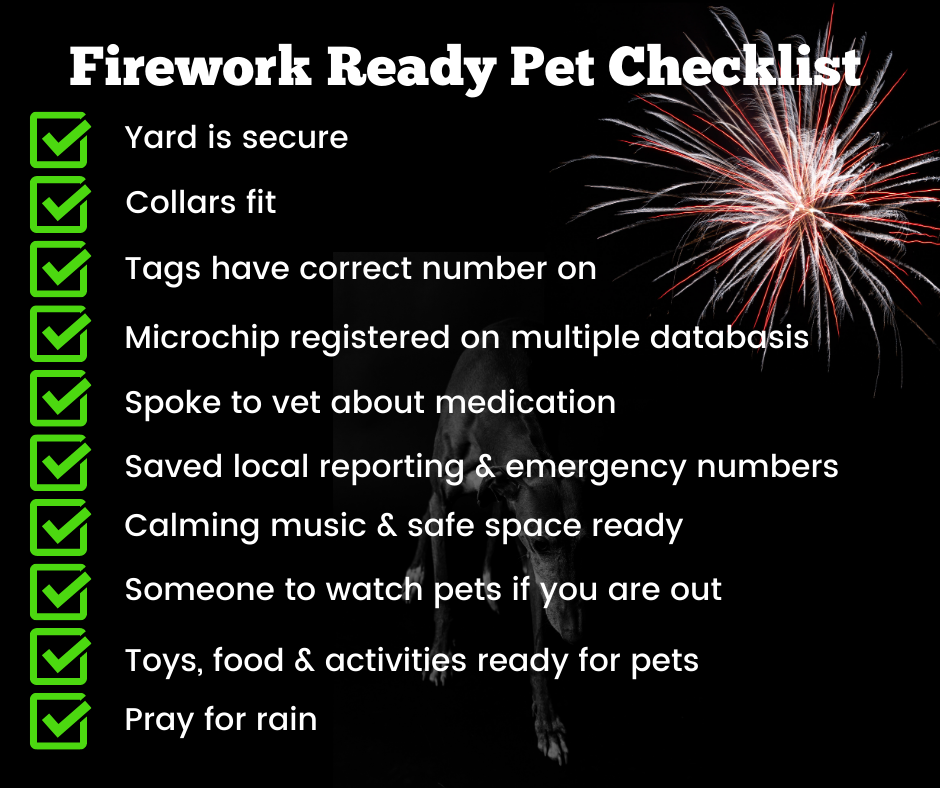
FESTIVITIES DURING THE CHRISTMAS HOLIDAY MAY POSE DIFFERENT DANGERS FOR YOUR PETS.
With the holiday season in full swing, it’s essential to prioritize the safety and well-being of our furry companions.The festive atmosphere brings joy, decorations, and traditions. However, it’s essential to be aware of the potential dangers that these festivities pose to our beloved pets. In addition to pet-proofing your Christmas decorations, consider the following tips to ensure a joyful and safe environment for your pets.

PET-PROOFING YOUR CHRISTMAS TREE (Dr.Karen Becker)
Ditch the Tinsel: Tinsel, with its alluring light-catching abilities, can be a tempting toy for pets, risking digestive tract obstructions. Opt for natural material garlands securely wrapped around the tree.
Choose a Medium-Sized Tree: A medium-sized tree (1.5 m) is recommended for households with pets to minimize the risk of toppling over.
Avoid Decorating with Food: Resist the temptation to adorn the tree with candy canes and cookies, as it can pose a health risk to pets. Even seemingly harmless items like popcorn garlands should be avoided.
Opt for Shatter-Proof Ornaments: Glass ornaments are breakable, presenting a risk to pets. Choose shatter-proof alternatives made from natural materials like wool, silk, or wood.
Consider an Artificial Tree: Pets may be attracted to real tree needles, potentially causing stomach upset. An artificial tree eliminates this risk and prevents climbing, especially if the trunk is wrapped in foil.
Anchor Your Tree: Securely anchor the tree to a wall or ceiling to prevent accidental tipping.
Securely Attach Ornaments: Use secure fastenings like twine or string instead of metal hooks, reducing the risk of ingestion.
Be Cautious with Electrical Cords: Shorten and secure extension cords to minimize the risk of electrocution or entanglement. Consider using cords with automatic shut-off features.
Place Heirloom Ornaments at the Top: Keep valuable or sentimental ornaments out of reach of pets.
Make Your Tree Inaccessible: If pets are persistent, use a baby gate, or an elevated stand, or place the tree in a pet-restricted room.
CHRISTMAS FOOD TIPS
Avoid Toxic Foods: Refrain from feeding pets chocolate or caffeinated items containing theobromine, which is toxic to cats and dogs. No alchohol, onions, raisons, grapes, macadamia nuts or sugary stuff either.
Beware of Bones: Steer clear of feeding small and cooked bones to prevent obstructions, constipation, or dental emergencies.
Limit Fatty Foods: Avoid fatty foods that can lead to stomach upsets and other severe conditions.
Offer Safe Snacks: Provide safe, healthy snacks such as fruits (apples, strawberries, watermelon) and veggies (carrots, broccoli) as treats.
Educate Guests: Ensure that guests are aware of the food rules for your pets to prevent accidental feeding of harmful items.
OTHER SAFETY TIPS
- Never leave your pets alone for more than 12 hours without someone checking in on them.
- Keep your pets warm when it is cold and cool when it is hot.
- Supervise play with toys, especially new toys.
- If you are having guests over or young children, remember that it can be overwhelming for your pets. Create a safe pet-only space where your pet can feel secure and tell your kids and guests, not to disturb them in that space.
- Save your veterinarian’s emergency number in advance and make sure you know which trusted veterinarians are available and when.
- Wrapping paper, bows, and ribbons can cause intestinal blockages if your pets ingest them. This can cause serious illness and death.
- If you are traveling with your pets, follow these safety tips. You can also take something familiar (bed or toy) with you to help comfort them.
- If you travel and see an animal injured or in distress, please contact your nearest SPCA. You can find your nearest SPCA on www.nspca.co.za.
- Remember to not give animals as gifts Read why here.
- Prepare your pets for fireworks displays if you have a noise-phobic pet.

GUIDELINES FOR FIREWORK NIGHTS
Preparation: Look for your animals, especially cats, before the fireworks start.
Secure Indoors: Close windows and curtains, keeping pets indoors with doors, windows, and pet doors securely shut.
Additional Litter Boxes: Provide extra litter boxes if your cat is not accustomed to being indoors.
Pre-Firework Meal: Feed your pet before the fireworks to help calm them.
Safe Hiding Place: Offer a safe place with blankets and bedding to mask sounds, and consider a box for cats.
Use Music or TV: Use music or TV to mute fireworks sounds, and consider specific calming music that can help them relax: https://caninelullabies.com/ or https://rescueanimalmp3.org/
Avoid Luring Pets Out: If your pet is hiding, avoid trying to lure them out, which can increase anxiety.
Distraction with Treats: Distract your pet with treats or playtime if they display nervous behaviour.
Stay Calm: Stay home with your pets, offering comfort and calmness during frightening times.
This is a difficult time of the year for any animal welfare organization. The work is more with surrendered, stray, and abandoned animals and the funds are low. Please consider donating to a reputable and financially transparent organization. Don’t forget about the rescuers and staff doing the work!
As we celebrate, let’s prioritize the safety and well-being of our furry friends. Have a blessed festive season! Next week we will look at how you can help animal welfare organizations in this difficult time.
WHEN YOU KNOW BETTER, DO BETTER!